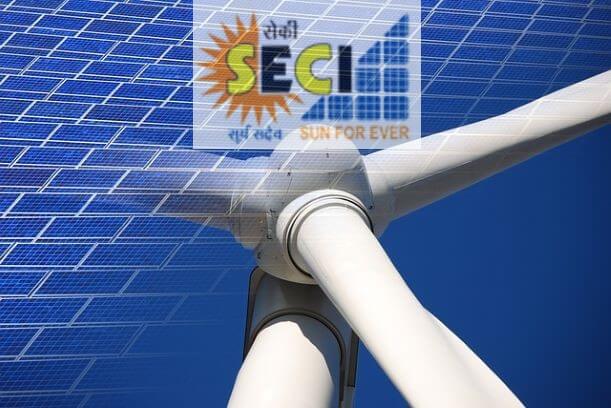

SECI raises tariff for solar and Hybrid projects
Post Diwali SECI announced the revision of tariffs for its two tenders, hinting that the centre is finally taking cognisance to the fears of the developers in the solar sector.
According to the amendment, the nodal agency, Solar Energy Corporation of India (SECI, has raised the ceiling tariff for auctions for the 10-GW manufacturing-linked solar scheme. The revised tariff ceiling stands at ₹2.85 a unit from ₹2.75 a unit earlier.
The document of amendment can be accessed here.
On the other hands, media reports quote Minister of State (Independent Charge) for Power and New and Renewable Energy, RK Singh, saying, “Bids for wind-solar hybrid projects have been extended till February – March 2019. The ceiling price has been increased to ₹2.70 a unit. Because we are increasing the ceiling price, we are extending the bid date.”
The earlier ceiling for the wind-solar hybrid project stood at ₹2.60 a unit.
These two mark the loosening of the governments’ tight noose on the tariff ceilings. Since the announcement of the tariff ceilings, the industry players big and small have stayed away from the bids for past few months.
Read: Bid Extensions the new norm at SECI?
This in turn has caused SECI to regularly postpone scheduled auctions as many as 5-6 times in the recent times. But the recent lax is still well below the Rs 2.93/kWh tariff set by SECI in June.
Recent, Indefinite Postponement of Maharashtra Solar Park Auction Signals Deeper Troubles for Solar, had prompted the government to do something quickly. Industry insiders hint that the tariff cap of Rs2.93/kWh is still unviable, they want that cap to be aborted for hybrid projects as these projects have new technologies thus form risky investments as compared to standalone solar or wind parks.
Meanwhile, yesterday the Power Minister RK Singh inaugurated the the second edition of International Symposium to Promote Innovation & Research in Energy Efficiency (INSPIRE 2018) and announced the results of #InnovateToINSPIRE challenge here in Delhi. The event will be held from 11-13 November. On 11 November, he released the EESL’s Market assessment study and Insights at the event. According to Mr. Singh, India’s unconstrained market for gas-based cogeneration & trigeneration technology is projected to reach 30,000 MW in 5 years.
Mr Singh further added that India’s total installed renewable energy capacity of the country is 72 GW and another 20 GW is under various stages of implementation. At the event, Energy Efficiency Services Limited (EESL) and Asian Development Bank (ADB) signed an agreement for a Global Environment Facility (GEF) grant of $13 million to establish an Energy Efficiency Revolving Fund (EERF).
The Government hopes to gain from some of the start-up ideas related to charging and street lighting that were awarded during the inauguration ceremony of the event. He also said the Ministry of Power has circulated a policy for setting up electric vehicle charging stations. He said individuals will be allowed to set up charging stations without a licence in the proposed policy.
Read Also: R K Singh Awards Four Winners of #InnovateToINSPIRE Challenge
In a significant move toward advancing green energy and industrial growth in the state, Himachal…
Golabl chemical conglomerate BASF has announced that its now offering the world’s first biomass-balanced polyethersulfone…
In a crucial stint to bolster the biogas sector and sustainable dairying in the country,…
TotalEnergies SE has received approval to proceed with its Middlebrook solar and battery project in…
Andhra Pradesh Chief Minister Chandrababu Naidu has inaugurated the Rs 1,000-crore green hydrogen plant of…
The BITS Pilani has developed an innovative solution for managing landfill leachate, domestic septage, and…